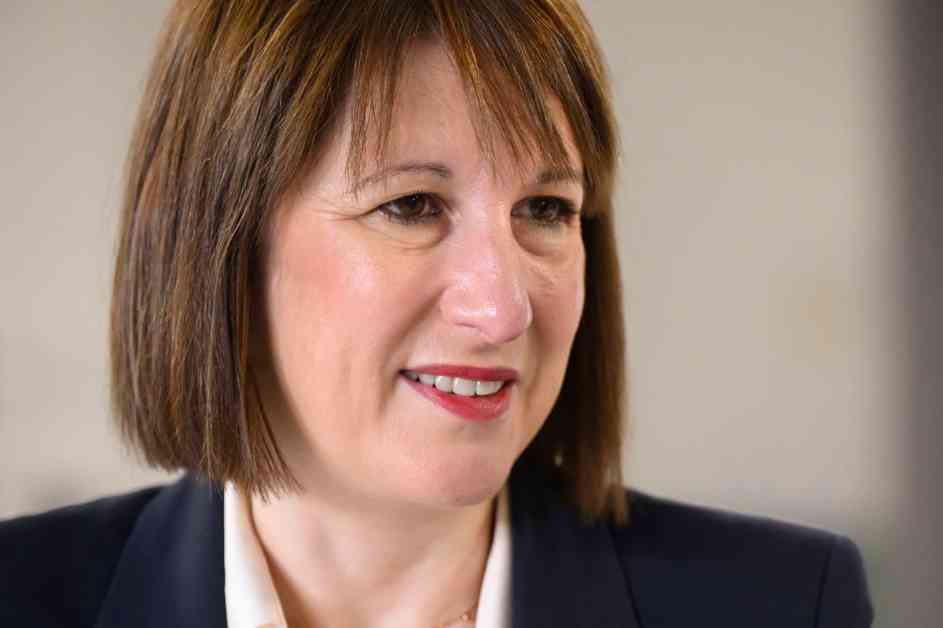British Treasury chief Rachel Reeves is set to present her first budget in Parliament on Wednesday, marking the first budget by a Labour Party government in almost 15 years and the first ever delivered by a female finance minister.
Reeves plans to find billions for investment through borrowing and tax hikes, aiming to boost the economy without causing disruptions to businesses or burdening working people with increased taxes. The budget is expected to focus on putting “more pounds in people’s pockets” and kickstarting economic growth, although the government has expressed concerns about the state of public finances.
Prime Minister Keir Starmer has cautioned that the budget will reflect the grim reality of the country’s fiscal situation. The Labour Party, which took office on July 4, has promised to address the economic challenges that have accumulated over years of Conservative rule, including revitalizing public services like the National Health Service.
The government argues that higher taxes and controlled public spending are necessary to rebuild the economy after years of Conservative governance. The Conservatives, on the other hand, claim to have left behind a growing economy with lower debt levels and a smaller deficit compared to other wealthy nations in the Group of Seven.
Despite facing economic challenges, the Labour government is committed to investing in health, education, and housing. The budget is expected to include tax increases, although Labour has vowed not to burden “working people” with higher taxes. The Treasury has announced a 6.7% pay raise for about 3 million low-wage workers next year, with the minimum wage set to increase to 12.21 pounds ($15.90) per hour.
Reeves, as Britain’s first female chancellor of the exchequer, is likely to adjust the government’s debt rules to allow for increased borrowing for investments in critical sectors such as healthcare, education, and infrastructure projects. The government also plans to raise funds by increasing employer taxes, rather than imposing additional taxes on employees.
Overall, the budget announcement is eagerly awaited as it will provide insights into the Labour government’s economic strategy and plans for addressing the country’s financial challenges. The balancing act between increasing spending, raising taxes, and stimulating economic growth will be closely scrutinized by policymakers, businesses, and the public alike.












